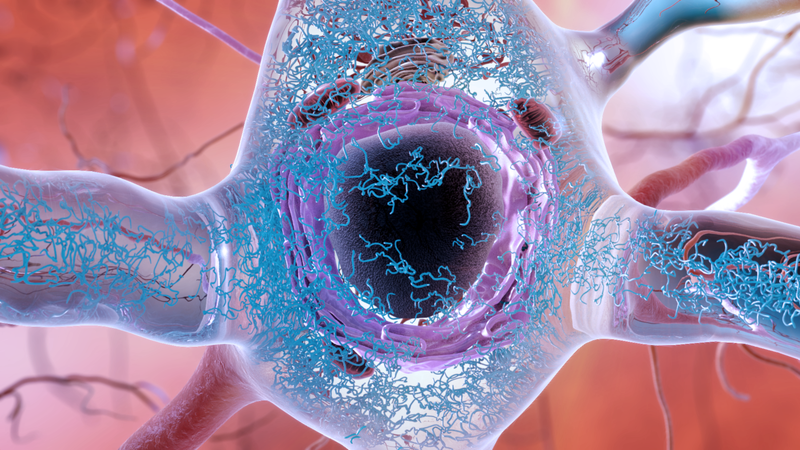In the Wake of Failed Alzheimer's Drug Trials, Scientists Are Cautiously Finding Hope With a New Strategy
By Ed Cara
A close-up illustration of abnormal tau tangles, in blue, which play a debated role in Alzheimer’s disease. Illustration: National Institute on Aging, NIH (Flickr)
The field of Alzheimer’s research is one filled with disappointment. Just last week, yet another drug failed its Phase 3 clinical trial, continuing the 15-year-long losing streak since a truly new Alzheimer’s treatment was approved by the Food and Drug Administration.
But a team of scientists this week say they’ve found early evidence—in mice—that an existing class of drugs can attack Alzheimer’s and similar disorders from a different angle than previous failed attempts.

Comments
Post a Comment